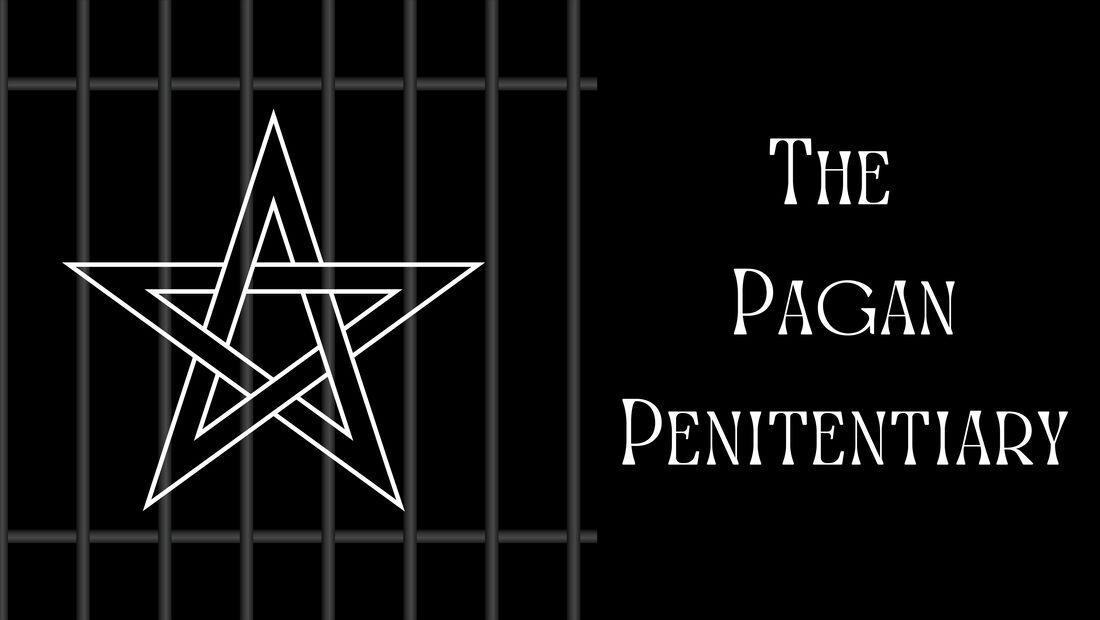|
|
Details
AuthorZehara Nachash, also known as Melissa Hester, is a fourth-generation Witch with a profound connection to the mystical arts. As an accomplished author and freelance writer, she delves into the realms of the occult, sharing her wisdom and insights with seekers on their spiritual journeys. Her academic pursuits have taken her into the realm of criminal justice, where she holds a Masters Degree with a focus on prison and criminal justice reform from Keiser University. Her commitment to creating positive change within the criminal justice system is unwavering. Currently, she is dedicated to furthering her knowledge and impact by pursuing a Ph.D. in Criminal Justice and Criminology. In addition to her academic and literary endeavors, Zehara Nachash is the proud owner of "Snake & Bone: Ritual. Art. Magick." Through this platform, she offers a unique blend of ritualistic practices, artistic expression, and the mysteries of magick. To explore her offerings and connect with her on a deeper level, visit her website at www.snakeandbone.com. There, you'll find a treasure trove of esoteric wisdom and artistic inspiration waiting to be discovered. ArchivesNo Archives Categories |

 RSS Feed
RSS Feed
